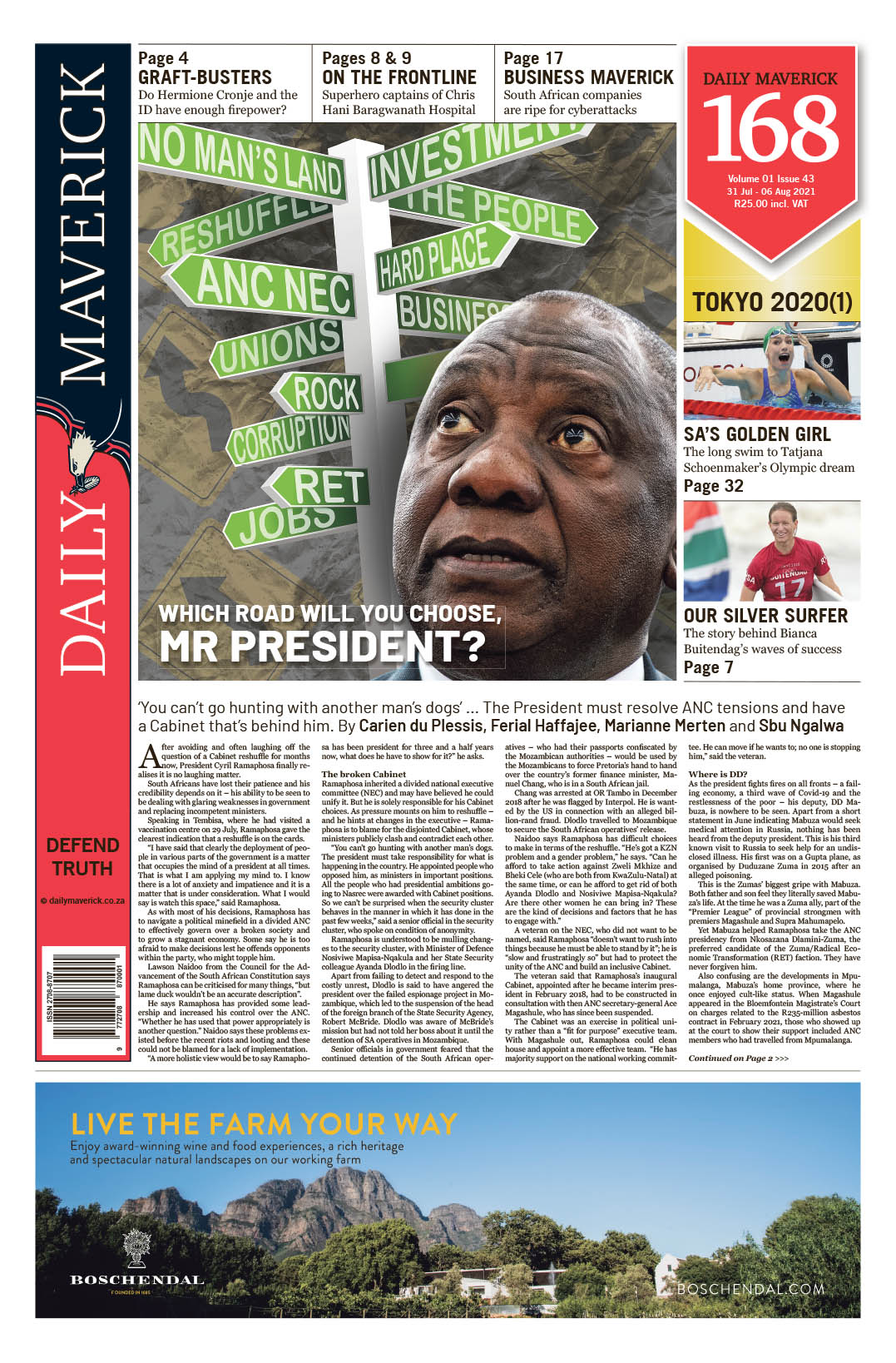First published in the Daily Maverick 168 weekly newspaper.
The point I made last week about the idea of a Basic Income Grant was that it would be much easier to support if its proponents were as enthusiastic about the difficult process of making money as they are about the comparatively easy process of distributing it.
But how do you create money? How do you generate wealth? These are very fundamental problems that the world has wrestled with for generations. Actually, as we have seen this week, it’s not that complicated.
This past week has demonstrated how SA makes money: we leverage our mineral wealth. The results of SA’s mining companies have been extraordinary, as they often are in times of big commodity price rises. Mining companies are unusual: most are a function of commodity prices that are set outside of their control. They have little or no pricing power, and are “price takers”.
They go through long periods of low earnings. But when the stars align, they have periods of fabulous returns. The Covid-19 period has been one, partly because the demand-supply equation turned in their favour because the world underestimated how quickly global growth would return.
This all came into glorious focus this week when the results of mining companies were laid on the table – and they truly are astounding. The big daddy, Anglo American, made a profit of $5.2-billion in the first half of the year, or R75-billion. Actually, this pales a bit compared with Australian thumper Rio Tinto, which made $9.1-billion in the first half. All of SA’s other big miners are likewise having bumper seasons.
These fabulous earnings made it possible for Finance Minister Tito Mboweni to announce R39-billion in tax relief and direct payments to South Africans struggling with the economic effects of Covid-19 and the looting spree. Importantly, he did so without increasing the budget deficit.
What it illustrates to me is how dependent SA is on its mining sector. The sector holds up the trade balance, now at record levels; it underpins fiscal stability, which is itself a stabilising force necessary for almost all the other sectors; and most importantly, it produces products that other countries want.
But this is not the prevailing view in government of how value is created. The ANC is disdainful of the industry and measures its success by how much it can hobble SA miners, surrounding them with legislation so complex and bewildering that there has not been a new, major listing of a mining company on the Johannesburg Stock Exchange for over a decade. New mines have been built, but they have been few and far between.
Compare this to Australia, where 270 new mining operations have been listed on the Australian Stock Exchange since 2009. Canada likewise has an absolutely thriving junior mining sector. Neither is soft on mining houses, and both have rigorous environmental and social requirements. But they don’t create an unworkable system of social demands, which are the responsibility of the state.
How does government think value can be created? In short, by its direction. Over the past two years, Minister of Trade, Industry and Competition Ebrahim Patel has been insisting that sectors present “master plans”, which I don’t think is a terrible idea.
But the problem is that the conversations have typically been going like this: 1) Government insists that there should be more local production, because jobs. 2) The sectors agree, but claim (rightly) this will add to the cost of production. 3) Government says, OK fine, do the local production and we will protect you with a tariff barrier to protect you from international competition. Everybody leaves happy.
For participants, this process is a win. But there are unseen effects on the economy. Local industry becomes progressively less competitive internationally and more reliant on those tariffs. New players can’t create competitive businesses because their input costs are now higher.
Some countries have succeeded with active industrial policies, most obviously China. But China has so much more leverage because, for large international operators, missing out on such a huge market would be a terrible setback.
Overall, industrial policy only works when the government actually listens to what business needs, as opposed to when they tell business what the government wants, and smash it through with national legislation.
If we could really just legislate jobs, wouldn’t we have done it years ago? DM168
This story first appeared in our weekly Daily Maverick 168 newspaper which is available for R25 at Pick n Pay, Exclusive Books and airport bookstores. For your nearest stockist, please click here.

















 Become an Insider
Become an Insider
Comments - Please login in order to comment.